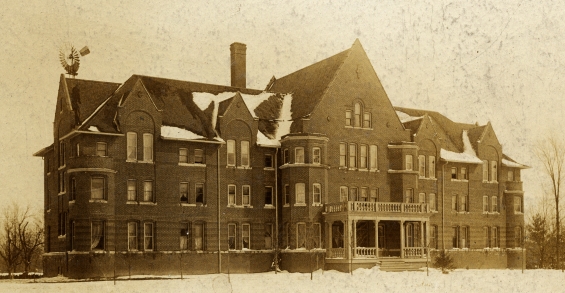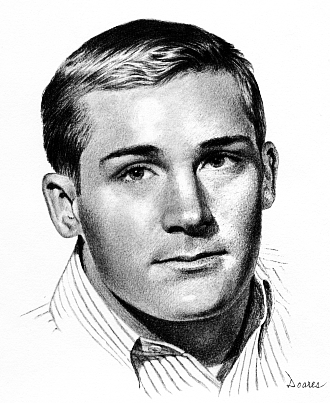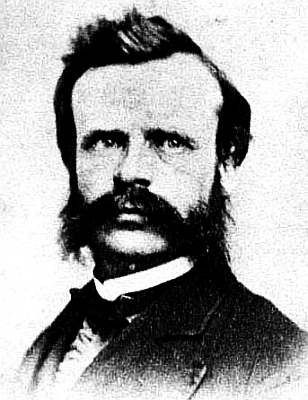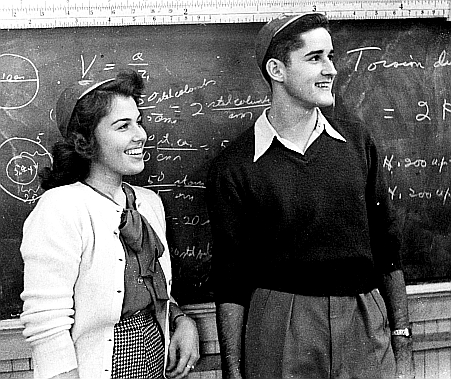In Shakespeare’s Hamlet, Lord Polonius advises Laertes on how to conduct himself. During his oration he reminds Laertes:
Neither a borrower nor a lender be;
For loan oft loses both itself and friend,
And borrowing dulls the edge of husbandry.
Now libraries, much more so that archives, have a long tradition of lending, at least in the United States. The history of the Public, or Free, Library in the United States is one of noble purposes as individuals like Franklin and others saw the need for an educated citizenry and free and easy access to information.
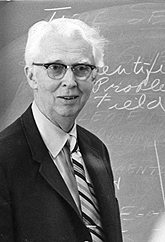 Sometimes that access can be thwarted by its own openness. While recently verifying the contents of a long-held collection of papers from a long-deceased faculty member (S. Richey Kamm) as the staff of the Archives & Special Collections finish development of our archival management system Archon, an interesting find was made. In a folder titled “Association of American Universities Conference Reports, 1900-1902” were two volumes of this potentially uninteresting serial. For some unknown reason piquing interest, these volumes, both, were found to have a call number written on the front covers and a notation inside its back covers, “mending.” Querying the library catalog it was clear that these two volumes were the missing start to a long series of publications. This long-borrowed couplet had been located in a faculty’s files for over fifty years and sitting in archival storage for over thirty of those years. Their brief foray into a faculty office soon became a multi-decade trek back to a more proper home.
Sometimes that access can be thwarted by its own openness. While recently verifying the contents of a long-held collection of papers from a long-deceased faculty member (S. Richey Kamm) as the staff of the Archives & Special Collections finish development of our archival management system Archon, an interesting find was made. In a folder titled “Association of American Universities Conference Reports, 1900-1902” were two volumes of this potentially uninteresting serial. For some unknown reason piquing interest, these volumes, both, were found to have a call number written on the front covers and a notation inside its back covers, “mending.” Querying the library catalog it was clear that these two volumes were the missing start to a long series of publications. This long-borrowed couplet had been located in a faculty’s files for over fifty years and sitting in archival storage for over thirty of those years. Their brief foray into a faculty office soon became a multi-decade trek back to a more proper home.
One doesn’t wish to perpetuate old (and inaccurate?) stereotypes of absent-minded professors or dusty, little-consulted archives, but it does give an archivist or a librarian pause about all this “free and easy access” business….
At least for a moment. All will be put at ease to know that the renegade volumes have made their way back to their proper home with its other serial siblings.
